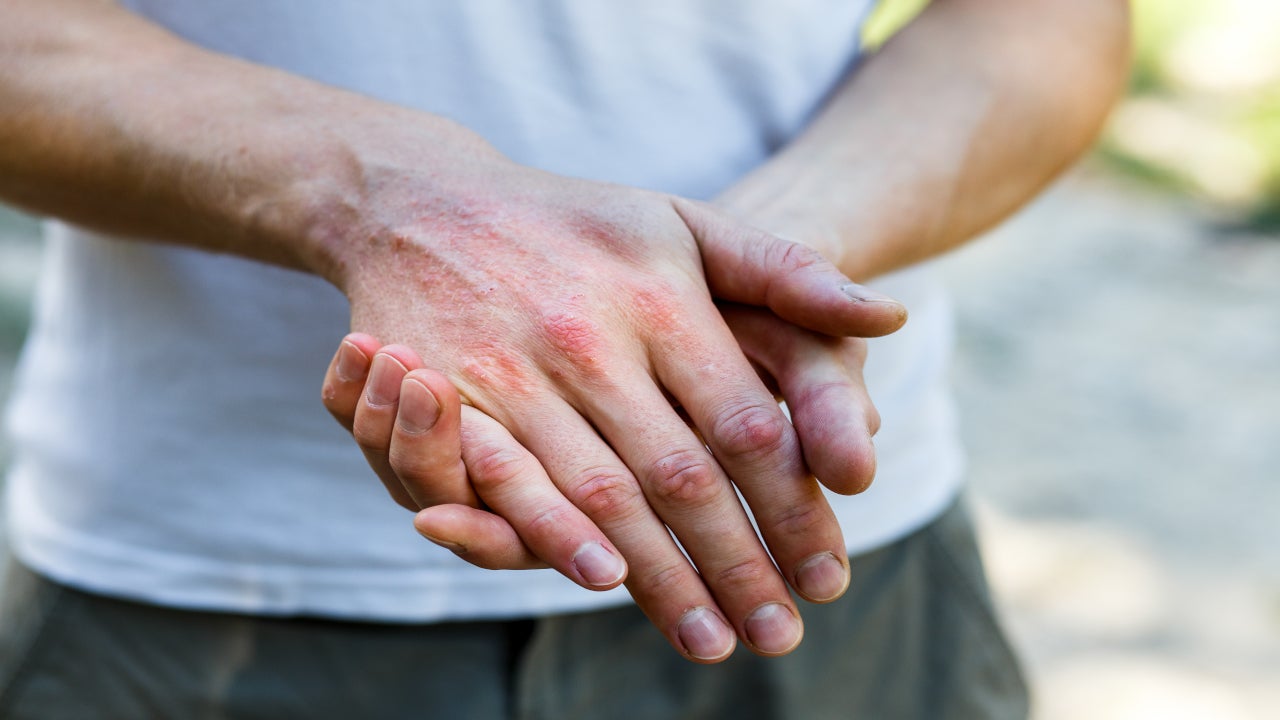RAPT Therapeutics‘ RPT193 in moderate-to-severe atopic dermatitis had its Phase Transition Success Rate (PTSR) drop by 13 points to 78% despite the company announcing positive topline Phase Ib trial results on 14 June. The drug’s PTSR was updated on 18 June. This rate is the probability, given as a percentage, of a drug progressing successfully from one development stage to the next.
Topline Phase Ib data from Phase Ia/Ib trial (NCT04271514) was collected from 21 RPT193 patients and 10 in the placebo arm. RPT193 delivered a 36.3% improvement from baseline in the Eczema Area and Severity Index (EASI) score after four weeks, in contrast with 17% with placebo, one of the trial’s efficacy endpoints. Rapt has indicated it is looking to advance RPT193 in a Phase IIb trial in atopic dermatitis. Oral RPT193 works by targeting CCR4 on Th2 cells.
RPT193’s Likelihood of Approval (LoA) also decreased by one point to 3%. LoA is identified via GlobalData’s analysis using a combination of machine learning and its proprietary algorithm and is calculated by compounding the PTSR at each stage the drug is yet to progress through. Both LoA and PTSR can be calculated for a drug by considering characteristics like therapy area, indication and molecule type.
Rapt has a market cap of $1.02bn.
Reynald Castaneda is an Associate Editor for Clinical Trials Arena parent company GlobalData’s investigative journalism team. A version of this article originally appeared on the Insights module of GlobalData’s Pharmaceutical Intelligence Center. To access more articles like this, visit GlobalData.

US Tariffs are shifting - will you react or anticipate?
Don’t let policy changes catch you off guard. Stay proactive with real-time data and expert analysis.
By GlobalData




